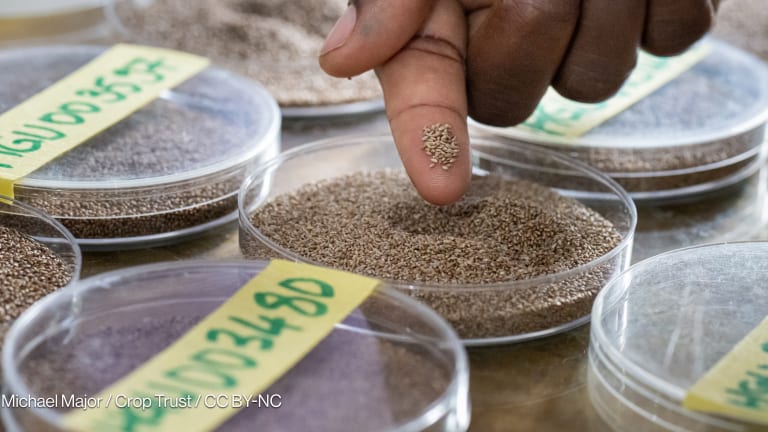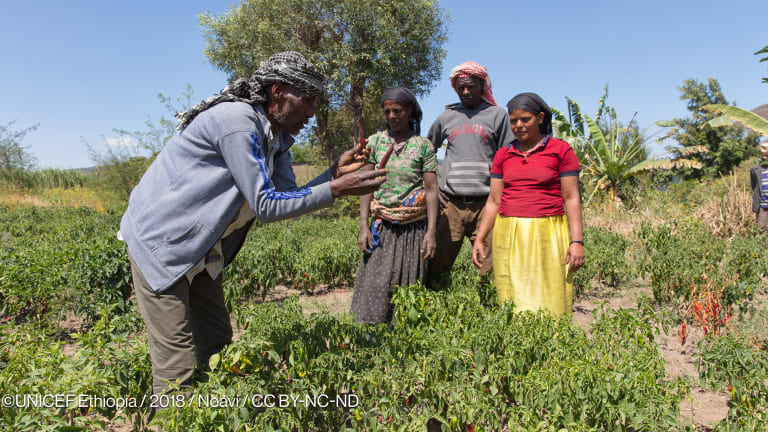Concessional loans from the World Bank offered at lower rates are a concrete step the institution can take to support countries like mine, Sierra Leone, to restructure our debt and fight the effect of the climate crisis on our food systems. To detractors who fear this would lose the bank its AAA rating, I say: If our food systems collapse, what good is a credit rating?
Farmers know that a number of things have to go right to get a good harvest. They must get access to arable land and enough of the best quality seeds and fertilizers, protect their crops against pests and diseases, and pray for the right weather throughout the growing season.
But for political leaders like me, this list of essentials is even greater. For Sierra Leone, our agricultural food systems are the beating heart of our economy and communities — beyond even nourishing our people. For these systems to thrive, we also need investment in agriculture-related innovation, infrastructure, information, value-addition, and market access.








